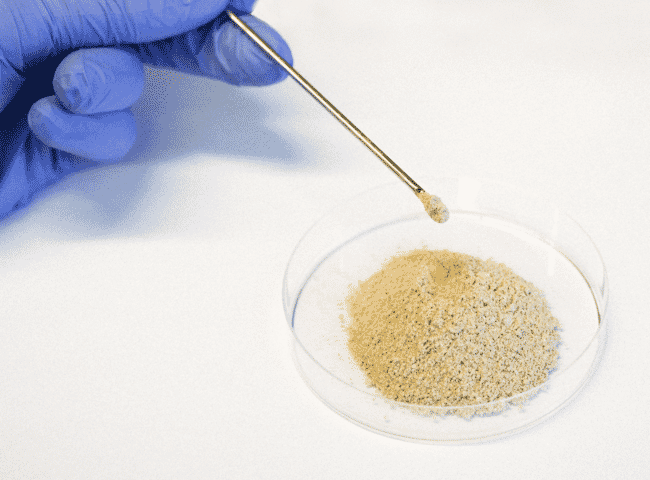
Production of the novel protein ingredient is due to be scaled up by Sylvamo and Cirkular
Called Cirkulein, the “Tree-to-Feed” project is powered by Cirkular’s proprietary technology, which ferments pulp by-products from the paper manufacturing process at Sylvamo’s mill in Nymolla, Sweden.
The Swedish University of Agricultural Sciences has plans to conduct feeding trials to evaluate the digestibility and growth of fish fed Cirkulein.
“We look forward to collaborating on this innovative project. Our purpose is to produce paper in the most responsible and sustainable ways,” said Michael Lindemann, Nymolla mill manager, in a press release. “By providing our by-products as a raw material, we can reduce waste and contribute even more to the circular economy.”
If successful, the project could provide a sustainable, locally produced ingredient for the aquafeed industry while reducing the emissions and supply chain costs of producing and transporting feed.
“We are very excited about this partnership with Sylvamo. This is a great opportunity to demonstrate our technology and product quality on a larger scale. We offer a sustainable feed solution, in large volumes, at a competitive price point, supporting the growing demand for aqua feed in the Nordics and globally. We are also very enthusiastic to be able to create impactful sustainable industrialisation in our regional community in the Skane region and look forward to seeing what ripple effects this can have.” said Eric Oste, Cirkular’s chief executive officer.
The project, partially funded by Sweden’s innovation agency Vinnova, will begin as a pilot in September, but could produce tens of thousands of tonnes of Cirkulein annually.



